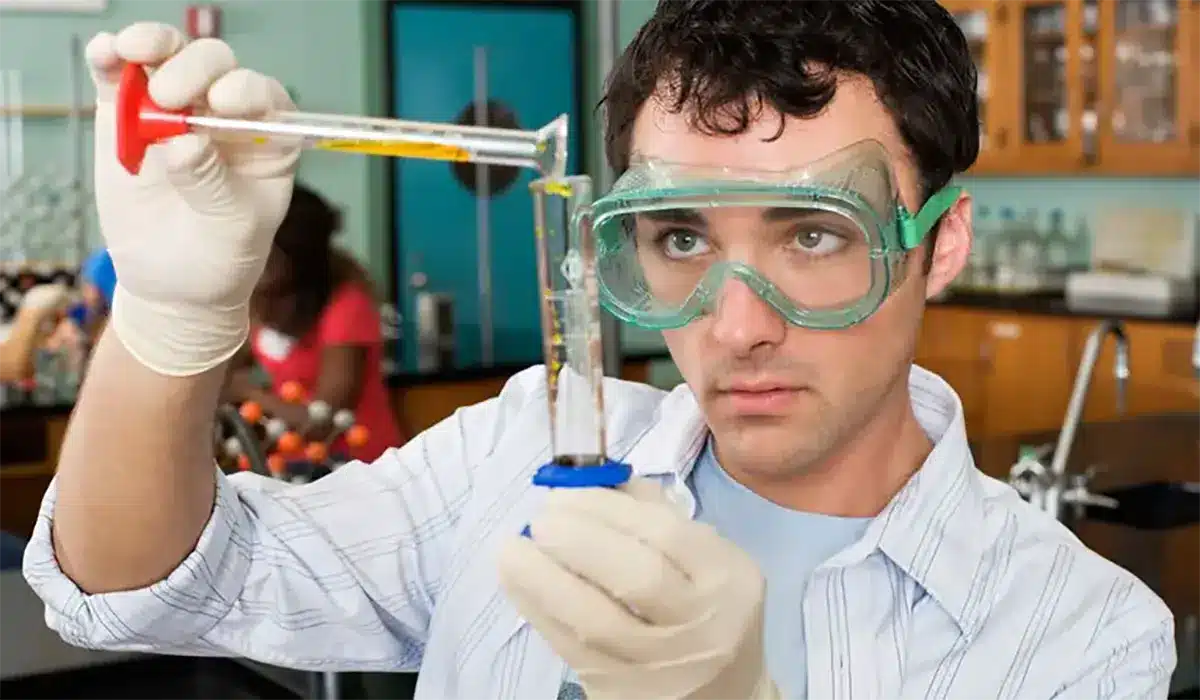Drug abuse is a nationwide disease that can jeopardize the health and well-being of everyone in the country. As many as 1 in 10 American adults are under the influence of an illegal substance, with marijuana as the most common, followed by the nonmedical use of prescription pain medicines.
While each state has its own set of rules, pharmacists generally get drug tested. Some states follow the rule to test them before hiring, and some allow for random drug tests.
This article will discuss whether pharmacists get drug tests or not and, if so, then how? At the end of the article, we will hope to have answered all of your questions.
Quick Navigation
Do Pharmacists Get Drug Tested in [year]?

Are Pharmacists Drug Tested? Yes, pharmacists are drug tested before accepting a job offer. In some cases, random tests can be carried out as well.
It all depends on the state you are working for and the laws by which your company abides.
What kind of drug test must a pharmacist go through?
A wide range of tests is available based on the chemical or drug being tested and the sort of sample required for laboratory analysis.
It depends on your employer and their needs on how stringent the drug tests need to be.
A few of the most common drug tests that a pharmacist may have to go through are as follows:
Urine Test: The urine test is a common method for drug tests. A urine drug test can assist a doctor in determining if a patient is abusing drugs.
For employees in specific professions, companies may use it as part of pre-employment screening, at random, or in the wake of an accident.
For federally mandated testing, urinalysis is the only procedure that has been approved for use. This type of drug testing is also the least intrusive and the most lawful.
Hair Test: A hair follicle drug test can reveal a person’s drug usage habits over some time, often three months.
This means that people can’t abstain for a few days before a hair test to prevent a positive result.
Patterns of use can also be picked up on by it. A hair test can reveal all the habits because of your past drug misuse and current attempts at sobriety.
Saliva Test: Saliva swab test is one of the easiest to carry out. Employers continue to choose mouth swab drug testing for various reasons, one of which is the lower cost per test.
Swabs of saliva are taken from the mouth and tested for the presence of drugs or alcohol.
In addition to being quick and simple to do, these tests do not inflict any discomfort on the patient and are extremely cost-effective.
Breath Test: Breath tests are often used by police officers to detect alcohol usage in drivers.
Traffic control officers use a breathalyzer to measure blood plasma alcohol levels in the exhaled breath and water vapor.
Blood Test: When it comes to finding out how much alcohol or drug is in a person’s system, nothing can beat a blood test.
It takes days or weeks to detect drugs in urine, but results from the blood test are often delivered in hours or even in minutes.
Blood test findings are more comprehensive than urine test results, and they might indicate more than simply the presence of drugs in a person’s bloodstream.
Among these five methods, swab and urine tests are the most common before a pharmacist is employed.
Can pharmacists smoke marijuana?
Pharmacists cannot smoke marijuana unless they hail from legal weed states like Washington, Alaska, or California, to name a few.
It is not exactly clear whether a pharmacist can smoke weed or not, and that is because most pharmaceutical companies prohibit the usage of marijuana, even when it’s legal.
Several establishments have established a few rules, such as pharmacists cannot use recreational drugs while at work, or if you are working in a drug-free workplace, you can’t smoke weed.
An employer can terminate pharmacists who fail a drug test or demand a drug screening test before employment.
It is recommended to consult with your HR department before smoking weed. Otherwise, you may face repercussions.
Can Pharmacists Use CBD Oil?
Marijuana plants contain approximately 100 chemical cannabinoids, including CBD oil, which is one of them.
Many medical disorders can be alleviated with the use of CBD oil, such as cancer-related symptoms, chronic pain relief, anxiety reduction, and depression relief.
All states allow CBD oil derived from hemp by dentists and pharmacists as long as the oil does not include any THC.
On the other hand, researchers have discovered that certain CBD oils, despite being classified as THC-free, really contain THC.
CBD products containing THC should not be used if you work in a drug-free environment or reside in a state that forbids its usage.
Conclusion
To prevent drug use in the workplace, employers may administer pre-employment tests.
In most cases, unless the substance interferes with your ability to do your work, your employer cannot penalize you for testing positive for a lawful medication recommended by your doctor.
Employers can penalize you if you test positive for marijuana and live in an illegal state.
Pharmacists usually have to follow strict guidelines since they are dealing with patients, and thus it is not recommended for them to do any kind of drugs.
Many businesses are concerned about the dangers of drug use in the workplace.
Hence, following your company’s rules and regulations is recommended before indulging in any recreational activities.

